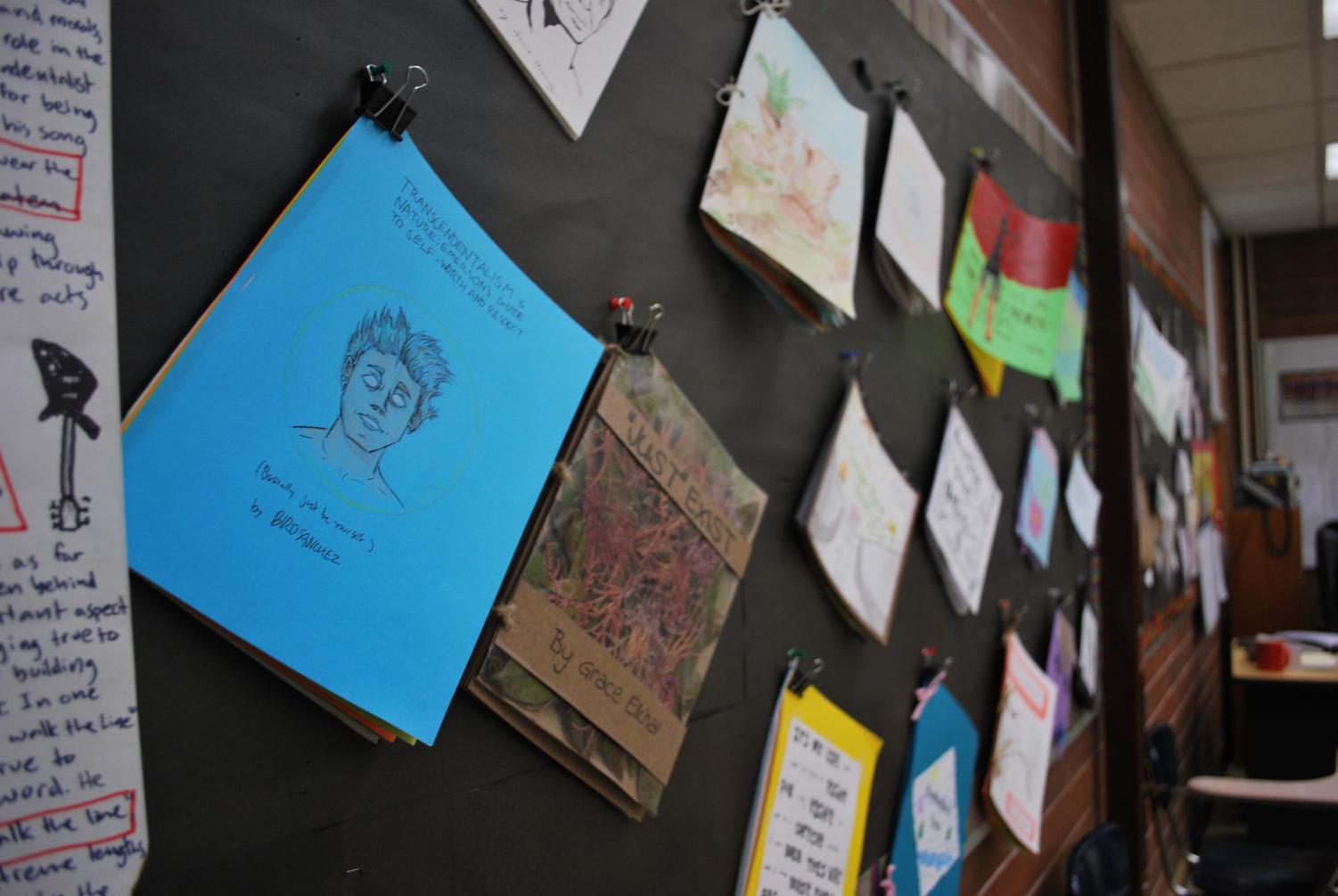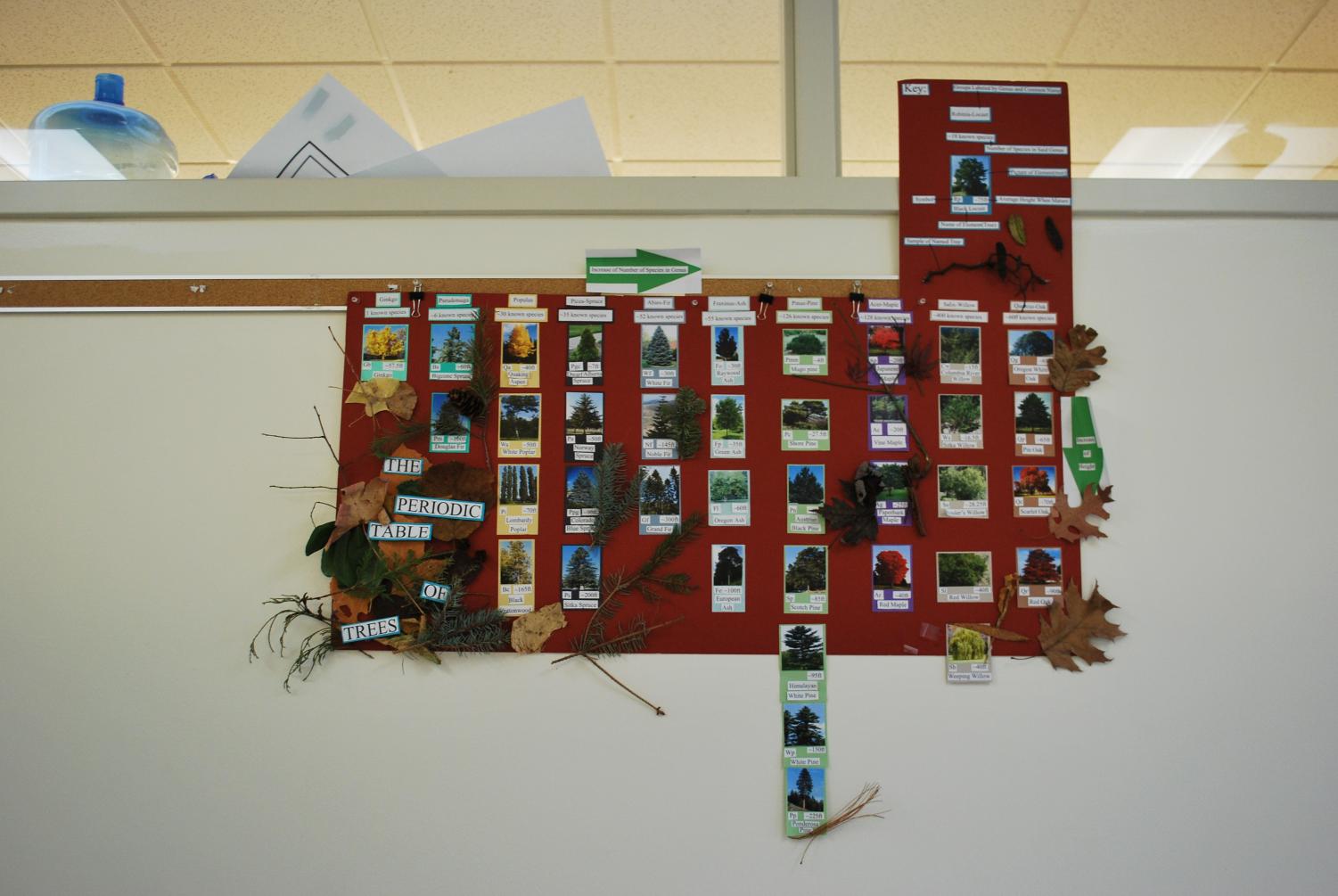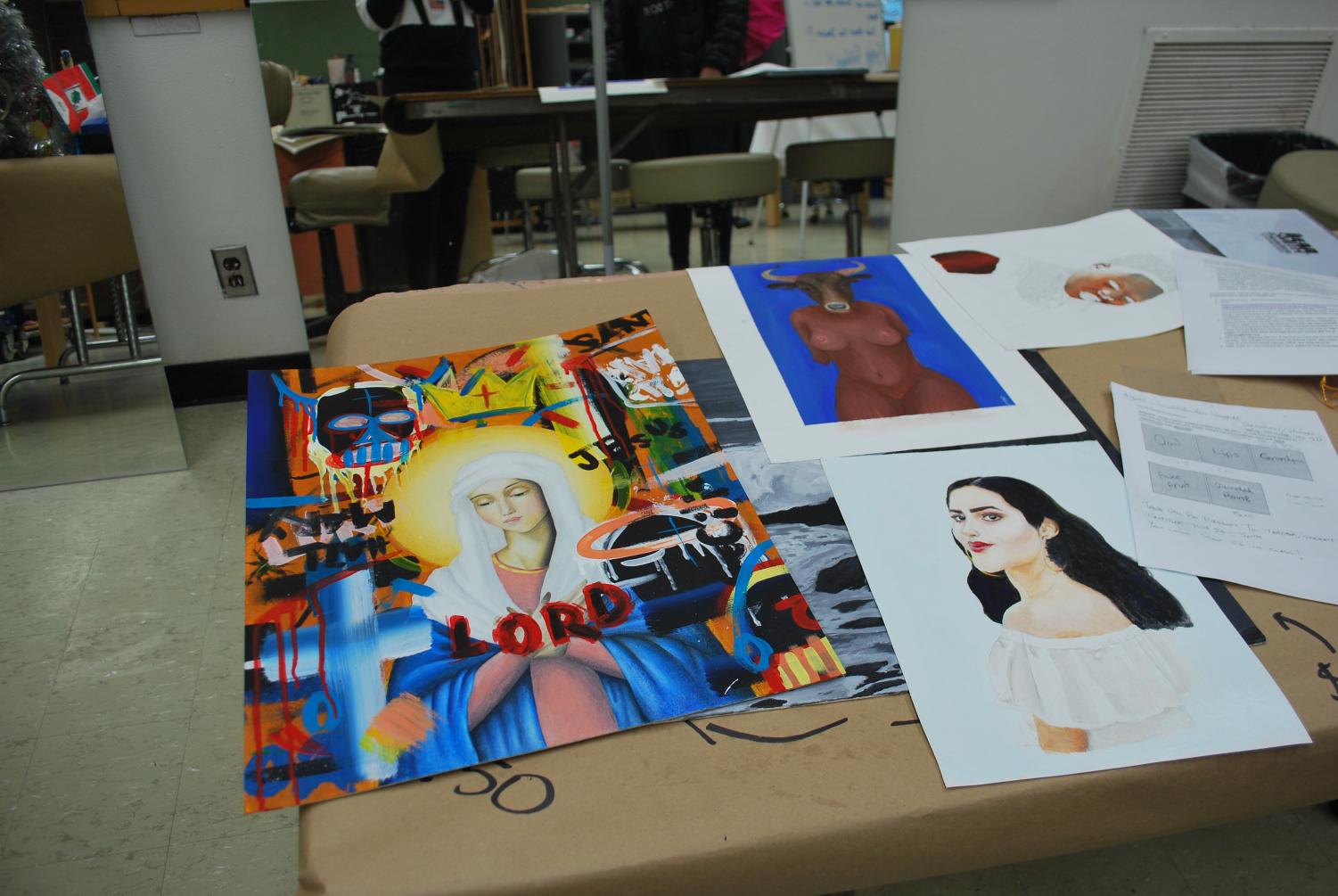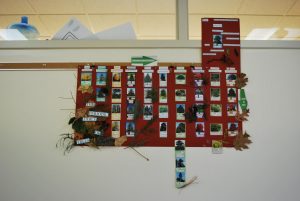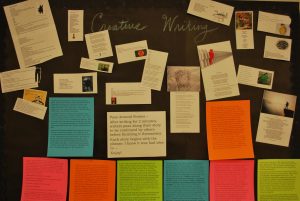The New Student Portfolio Requirement at La Salle and What It Means for You
January 16, 2019
For the first time, La Salle is introducing a mandatory student portfolio — an interactive website where students include what they deem their best schoolwork, while also considering athletics, service, and other extracurricular activities — which will be made in Google Sites.
Seniors will present their portfolios in student presentations which will happen during the week before second semester finals, meaning that giving finals to seniors will be optional for teachers. If a teacher wants to give a final to seniors, they can give it during the week prior on a block day, but if the teacher doesn’t deem that a final is necessary for that class, they don’t need to give one.
According to Mrs. O’Brien, the Vice Principal of Curriculum & Professional Development, the overall goal of the portfolios is to have students demonstrate what they have learned and how they have grown in their four years of La Salle, in turn, doubling as a device that will hopefully show students what they have learned and how they have grown.
“People who go into education feel like it’s about relationships,” Mrs. O’Brien said. “It’s about student growth. It’s about helping you see what you’re best at. And we want you leaving knowing there are things you can name and say that’s what I’m really good at. It’s intended to be a culminating experience that lets you transition from this to somewhere else.”
Each presentation will be about 15 minutes long where seniors will answer questions, including what experiences have prompted them to grow, what academic work has pushed them, and what banners mean the most to them, to a panel which will consist of four people: a teacher, an administrator, a community member, and a non-community member (possibly a parent).
The portfolios will be introduced (with an example) to the whole school during Falcon Formation on Friday, Jan. 18, and in the first week of second semester, seniors are going to the computer lab during an English class to discuss the timeline for the portfolios and begin constructing the portfolios.
Enough class time will be given during English to complete the bare minimum of the portfolios; however, Mrs. O’Brien hopes that considering seniors will be presenting these portfolios to a panel of people in the community and that these portfolios are designed to help students in reflecting on their high school experience, seniors will choose to step up and put forth their best effort in their portfolios.
Given that these portfolios are a pass/fail grade, a graduation requirement, and there has been little information about the portfolios so far, some seniors have expressed confusion.
“It seems like unnecessary stress,” senior Timur Arifdjanov said. “They never explained to me why we need to do this.”
There are some things that Mrs. O’Brien suggested seniors could do to begin preparing. “Start thinking about what experiences were important to you in high school that helped push you to grow or change who you are, whether it’s impactful pictures of experiences from immersion trips or awards, so in summary, just gather evidence,” she said.
Mrs. O’Brien stressed the point that these portfolios shouldn’t be called senior portfolios, but instead student portfolios that should be maintained over four years, making this information not only applicable to seniors but also to the rest of the school. Juniors will begin work on their portfolios in religion class around March, sophomores will work on their portfolios during science, and freshmen will work on their portfolios during English.
When asked how he felt about the student portfolios and subsequent presentations, junior Liam Rinehart said, “I don’t think it will really affect me, because I will only be doing them for one year.”
Underclassmen can prepare by thinking about what things they could use to best showcase their professional selves, the self you would show to a college or an employer, and focus on saving that work. A question Mrs. O’Brien asks is, “what would you want to showcase?”, and if that question is unanswerable, then Mrs. O’Brien recommends to push yourself and find more ways to get involved in your community or at school.
The administration acknowledges that this is the first year La Salle has implemented this portfolio requirement, so seniors are not expected to have saved everything from their high school career. “We’re not [requiring] people to have a specific physics project from freshman year,” Mrs. O’Brien said.
With education changing rapidly, Mrs. O’Brien feels that “just having transcripts with A’s and B’s on it doesn’t really tell anybody about what you know. We want kids to have evidence of their skills that they could use to apply for scholarships, or as a piece of evidence for college acceptance. So we’re trying to do this as a way to benefit students, not as an extra thing to do.”
Mrs. O’Brien shared an article that highlights the importance of portfolios: Digital Portfolios Position Students for Success in the Workforce. The article makes the case that the world is ever changing, and it is almost paramount that you stand out. It portrays portfolios as a wonderful way to do this, making the search for colleges, scholarships, and even jobs much easier.
Correction: January 23, 2019
An earlier version of this story misstated the date when the senior presentations would occur. They will be presented during the week before second semester finals, not the week of second semester finals.

